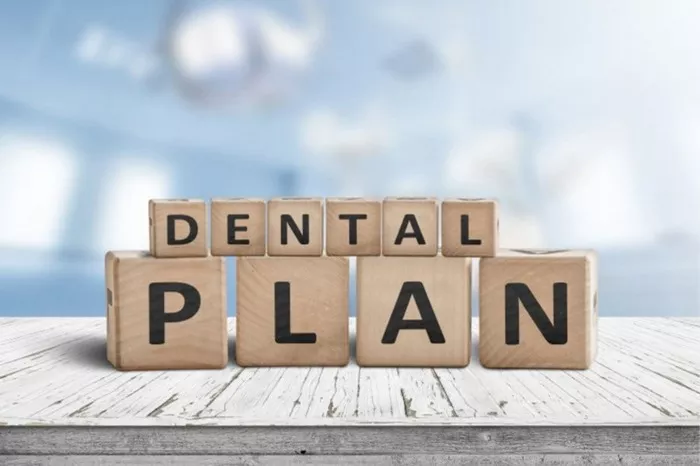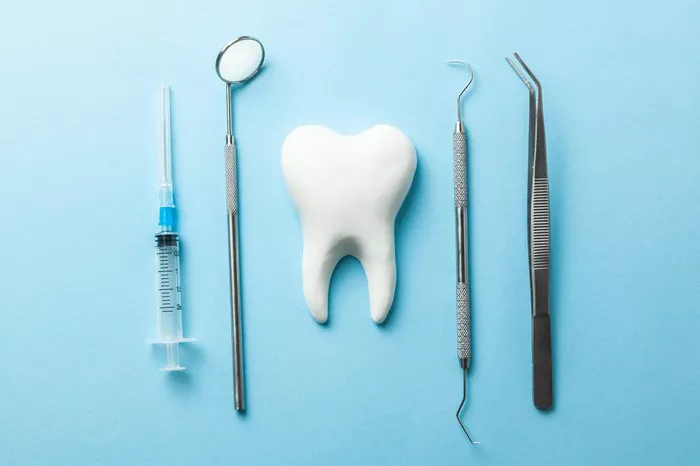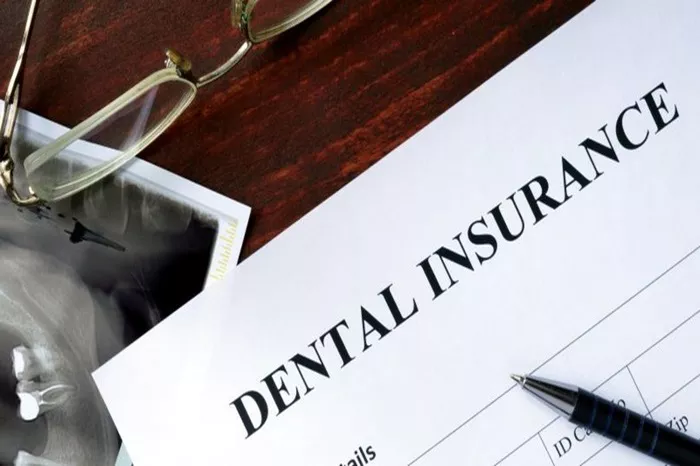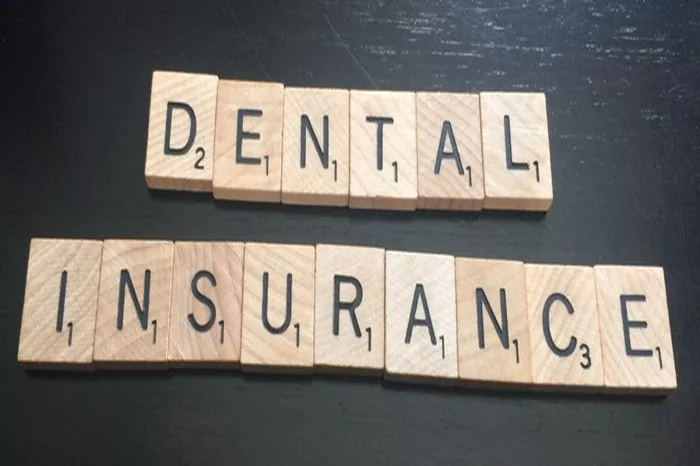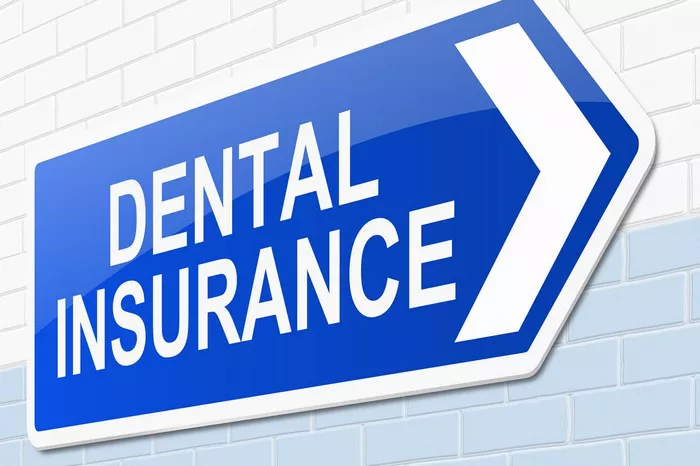Dental insurance is an essential component of healthcare that ensures individuals have access to necessary oral health services. Understanding the age limits for dental insurance coverage is crucial, especially for families with dependent children. This comprehensive guide delves into the age limits for dental insurance, variations by plan and provider, state laws and regulations, eligibility criteria, the impact of the Affordable Care Act (ACA), options after reaching the age limit, pediatric dental care, and considerations for dependents with disabilities.
General Age Limit for Dental Insurance
Most dental insurance plans cover dependent children up to a certain age. Commonly, this age limit is set at 26 years old. This means that young adults can remain on their parents’ dental insurance plans until their 26th birthday. This age threshold aligns with the broader healthcare coverage mandate set by the ACA for health insurance, although it does not directly apply to dental plans. Maintaining coverage until 26 can provide a safety net for young adults who may still be in school or starting their careers and may not yet have access to employer-sponsored dental benefits.
Variations by Plan and Provider
While the general age limit for dependent dental coverage is 26, variations exist depending on the insurance provider and the specific plan. Some dental insurance plans only cover dependents up to 19 years old. This lower age limit can often be found in plans that are more restrictive or designed to provide minimal coverage. It’s essential for policyholders to review their specific plan details to understand the coverage limits.
Some plans may offer extensions beyond 19 years old if the dependent is a full-time student, typically extending coverage up to age 23 or 24. These variations highlight the importance of examining the fine print of insurance policies and consulting with insurance providers to clarify the exact terms of coverage.
see also: Why Is Health Insurance Important To Employees
State Laws and Regulations
State laws and regulations can significantly influence the age limits for dependent dental coverage. While federal guidelines set certain standards, states have the authority to implement additional requirements that can extend coverage. For example, several states have enacted laws that extend the age limit for dependent coverage beyond the federal guidelines.
New Jersey is one state with such regulations. Under New Jersey law, dependents can remain on their parents’ dental insurance plan until age 31, provided they meet specific criteria, such as being unmarried, having no dependents of their own, and being a resident of the state or a full-time student .
Florida also has extended coverage for dependents. Florida law allows dependents to remain on their parents’ dental insurance until age 30, under similar conditions as New Jersey.
These state-specific extensions provide valuable protection for young adults who might otherwise lose their dental coverage at a critical time in their lives.
Eligibility Criteria
Eligibility for coverage under a parent’s dental insurance plan can be influenced by several factors, including marital status, student status, and financial independence. Here are some common eligibility criteria that may affect dependent coverage:
Marital Status: Many plans require dependents to be unmarried to qualify for extended coverage. Once a dependent marries, they may no longer be eligible to remain on their parents’ dental plan.
Student Status: Full-time student status can be a requirement for coverage beyond the standard age limit. Some plans extend coverage to dependents who are enrolled in an accredited educational institution full-time, often until age 23 or 24.
Financial Independence: Some plans may require that dependents are financially dependent on the policyholder to qualify for coverage. This means that if a dependent has significant income or is financially independent, they may not be eligible for extended coverage under their parents’ plan.
Understanding these criteria is essential for families to ensure continuous coverage for their dependents and to plan accordingly for any transitions.
Impact of the Affordable Care Act (ACA)
The ACA significantly changed the landscape of health insurance by mandating that health insurance policies cover dependents up to age 26. However, this requirement does not extend to dental insurance plans. While the ACA ensures that young adults can remain on their parents’ health insurance until they turn 26, dental insurance is treated differently, and there is no federal mandate requiring dental plans to offer the same coverage.
This distinction is crucial for families to understand, as it means that dependent dental coverage may end earlier than health insurance coverage. Families need to be proactive in exploring their dental insurance options to avoid any gaps in coverage when dependents age out of their parents’ dental plans.
Options After Reaching the Age Limit
Once an individual exceeds the coverage dependent age limit for dental insurance, several alternative options are available to maintain dental coverage:
Individual Dental Insurance Plans: Purchasing an individual dental insurance plan is a common option. These plans can be tailored to meet the specific needs and budgets of young adults.
Employer-Sponsored Dental Plans: For those entering the workforce, employer-sponsored dental plans are often available. These plans may offer comprehensive coverage at a lower cost than individual plans.
Health Insurance Marketplaces: Some health insurance marketplaces offer dental plans as standalone policies or as add-ons to health insurance plans. These marketplaces can provide a range of options and facilitate comparison shopping.
Discount Dental Plans: Discount dental plans are not insurance but offer reduced rates on dental services through a network of participating dentists. These plans can be an affordable alternative for those who need basic dental care without full insurance coverage.
Medicaid and CHIP: For those who qualify, Medicaid and the Children’s Health Insurance Program (CHIP) offer dental coverage options. Eligibility criteria vary by state, but these programs can provide essential dental care for low-income individuals and families.
see also: What Is Insurance Annual Deductible
Pediatric Dental Care
Pediatric dental care is considered an essential health benefit under the ACA, ensuring that children have access to necessary dental services until they turn 19 years old. This requirement means that dental plans offered through the ACA marketplaces must include pediatric dental coverage.
Pediatric dental benefits typically cover preventive and routine services, such as cleanings, examinations, fluoride treatments, and sealants, as well as restorative services like fillings and extractions. Ensuring access to pediatric dental care is vital for maintaining oral health from a young age and preventing future dental problems.
Disability Considerations
For dependents with certified disabilities, some dental insurance plans may extend coverage beyond the standard age limit. These provisions recognize the ongoing healthcare needs of individuals with disabilities and provide additional support to families.
Eligibility for extended coverage often requires documentation of the dependent’s disability and may involve criteria such as the inability to engage in substantial gainful activity due to a physical or mental condition. Families should consult their insurance providers to understand the specific requirements and benefits available for dependents with disabilities.
Conclusion
Navigating the age limits for dental insurance requires a thorough understanding of general guidelines, variations by plan and provider, state laws, eligibility criteria, and available options after reaching the coverage limit. While the ACA provides significant protections for health insurance coverage, dental insurance operates under different rules, requiring careful planning and proactive measures to ensure continuous dental care. By staying informed and exploring all available options, individuals and families can maintain essential dental coverage and support long-term oral health.
FAQs About Insurance
1. How long can you stay on parents’ insurance in MA (Massachusetts)?
In Massachusetts, you can stay on your parents’ health insurance plan until you turn 26. This is in line with the federal Affordable Care Act (ACA), which mandates that young adults can remain on their parents’ insurance plans until their 26th birthday. After turning 26, you will need to find your own health insurance coverage through an employer, the health insurance marketplace, or other sources.
2. Can I stay on my parents’ insurance after 26 in Florida?
Under the ACA, you generally cannot stay on your parents’ insurance after turning 26. However, Florida offers an extension for certain dependent children up to the age of 30. To qualify, you must be unmarried, have no dependents of your own, be a resident of Florida or a student, and not have other health insurance coverage. Check with your parents’ insurance provider for specific eligibility requirements and application procedures.
3. What is the age limit for insurance?
The age limit for staying on a parent’s health insurance plan under the ACA is 26. This applies nationwide and allows young adults to remain covered under their parents’ insurance plans until their 26th birthday. Some states offer extensions beyond 26 under certain conditions, so it’s essential to check specific state laws and insurance policy details.
4. Can I stay on my parents’ insurance after 26 in Colorado?
In Colorado, you cannot stay on your parents’ health insurance plan after turning 26 under the ACA. However, there are no additional state provisions that extend this age limit beyond 26 for general health insurance coverage. After aging out of your parents’ plan, you will need to seek your own coverage through the health insurance marketplace, employer-sponsored plans, or other available options.
You Might Be Interested In


